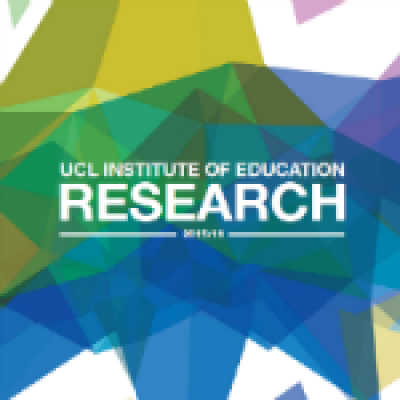Out-of-school time study programmes improve GCSE results for poorer pupils
13 September 2016

A new study shows that teacher-led out-of-school time (OST) study programmes are a cost-effective way of increasing attainment - particularly for children from poorer backgrounds - and can potentially increase GCSE results by two grades.
The study, by the IOE's Professor Francis Green and Dr Nicola Pensiero and funded by the Nuffield Foundation, is the first piece of research to look at the impact of out-of-school study groups on exam results.
Many secondary pupils take part in these study groups, in which students work together to prepare for exams and work on homework. From 2004-2006, when the data were collected, only 42% of children from less affluent backgrounds participated in teacher-led groups, compared with 46% of those from professional backgrounds.
The research showed that study groups particularly benefit children from disadvantaged and lower socio-economic backgrounds. For children whose parents are unemployed or in routine occupations, an improvement of 11 points was shown on their overall GCSE score, which is equivalent to approximately a two grade increase on each subject.
While the programmes require qualified and well-trained staff, the costs are moderate - working out at approximately £7 per pupil per session. Taking into account the improvement to results that they appear to yield, the researchers recommend that OST programmes should be available in all schools that take in socially disadvantaged children.
Dr Pensiero said: "Further encouragement and incentives for participation among these groups could contribute to reducing the socio-economic gap in achievement. Schools might consider directing at least some of the resources available to them from the Pupil Premium to the provision of OST teacher-led programmes for disadvantaged students."
Importantly, the groups are only beneficial if the study is teacher-led. The research found no statistical benefit from programmes that are self-directed by pupils.
The researchers examined data from the Next Steps longitudinal study of young people, which follows the lives of around 16,000 people born in 1989-90, and recorded the results of those who undertook their GCSEs in 2006.
Links
Media Contact
James Russell
Tel: +44 (0)203 108 8516
Email: james.russell(at)ucl.ac.uk
(Contact Mr Russell for a copy of the full report)
Tweet Close
Close


